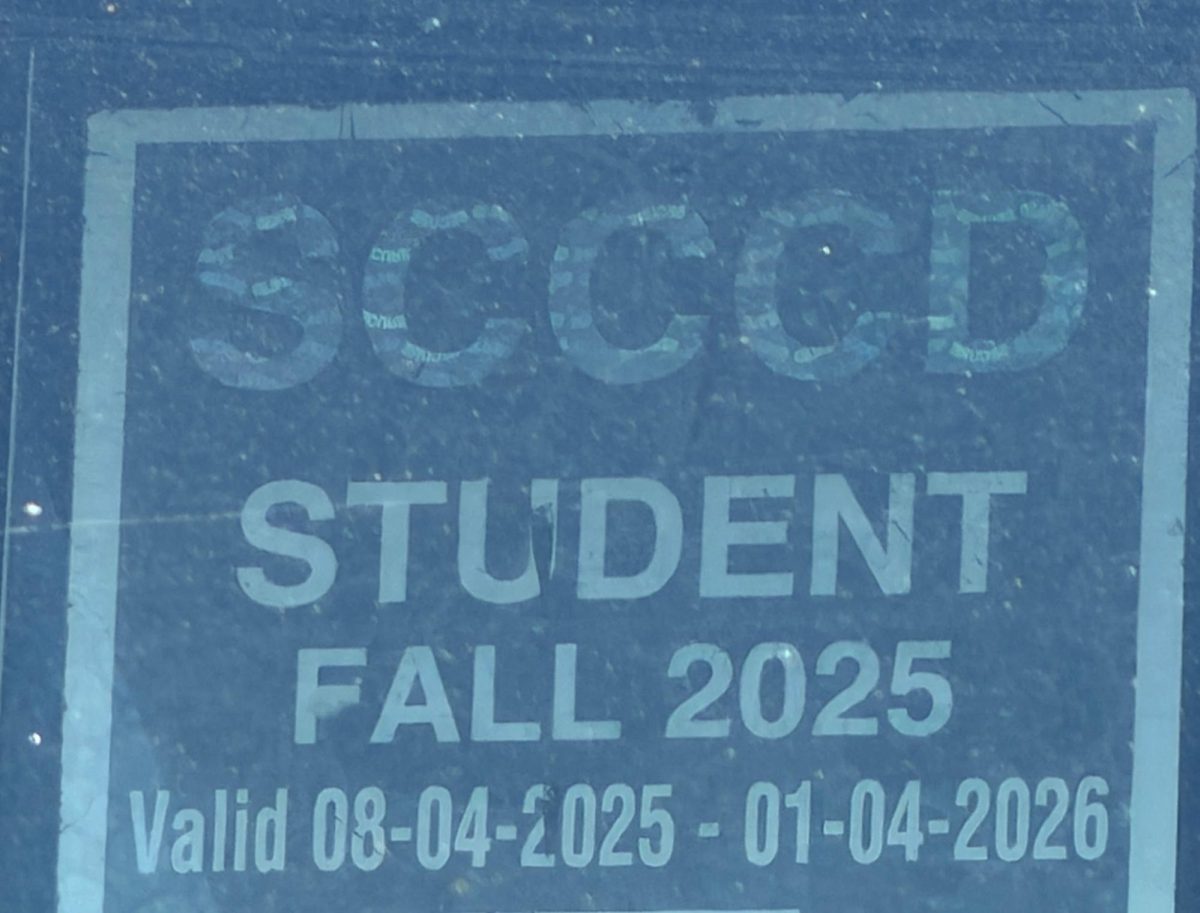On April 20, smokers may be criticized for celebrating the counterculture holiday known as 4:20, but in reality, if marijuana was legal and being taxed to begin with, it would bring in even more money to the economy than on other days. It could be another commercialized holiday, like Valentine’s Day.
In 2010 California voted against Proposition 19 that would legalize the sale and taxing of marijuana statewide, despite that it would be beneficial to the economy. And by California, I mean 53 percent of the 9,977,110 people that voted on the proposition.
California’s population in 2010 was over 37 million people, and yet it took only 5 million people to vote no and maintain marijuana’s illegal status. The federal government needs to get over its problem with marijuana and put it on the shelves for purchase.
Right now it is on the government’s list of illegal psychedelic substances. It’s on the same list as meth, peyote, mescaline and LSD.
That’s a bit ridiculous.Labeling marijuana in a way that it’s declared to be as harmful as the drugs on the same list says that the government is trying to use a scare tactic to keep it illegal.
In reality, the biggest cause for concern is the temporary impairment of short term memory. And it is only impaired while the person is under the influence.
According to the U.S. Center for Disease Control, “Each year, an estimated 443,000 people die prematurely from smoking or exposure to secondhand smoke, and another 8.6 million live with a serious illness caused by smoking. Despite these risks, approximately 46.6 million U.S. adults smoke cigarettes.” Yet smoking cigarettes is legal.
Alcohol related deaths, at over 100,000 each year, are listed in reports by the CDC, making the list of the top causes of death nationwide. Marijuana does not make the list; alcohol is legal and marijuana is not.
Caffeine related deaths range up to 10,000 annually with various causes such as irregular heartbeats, ulcers and stress.
There are 6,000 deaths per year, and a half-million injuries related to distracted drivers that are texting or talking on the phone in the car.
Marijuana does not directly act as the primary cause of death in any cases. However, it can act as a secondary cause of death such as causing a car accident, but those numbers are measured in the hundreds, not thousands.
I hear a lot of marijuana smokers say that since smoking cigarettes is far more deadly, they should be able to smoke marijuana just as legally as cigarettes. Despite statistics, this is faulty.
Marijuana needs to be legal, have an additional tax, and be regulated the same way as alcohol – not cigarettes. Smoking marijuana is safer than smoking cigarettes, drinking alcohol, caffeine and using a cell phone while driving.
Also, if it is a concern, smoking in public will not be an issue if it is regulated like alcohol.
If people had the right to openly smoke it as freely as cigarettes, allowing people to smoke behind the wheel would cause its secondary cause of death statistics to rise sharply.
In the real world California’s budget deficit is $21 billion. Billions of dollars have been cut over the years from social services and higher education to reduce the strain on the state.
Classes have been cancelled; summer school has been reduced to six-week programs; most of the CSU system has closed its doors starting in the spring 2013 semester and some colleges like Santa Monica Community College have introduced the idea for $180 per unit for “high demand” classes.
Many economists have said that the taxation on marijuana would raise $1.4 billion per year in California alone. It won’t fix the economy, but it will save some jobs and college availability. It is good for the economy.
Despite it having minor negative points in comparison to other legal substances, marijuana is still illegal. The government really needs to suck it up, break away from past attitudes, and take steps to legalize it.






